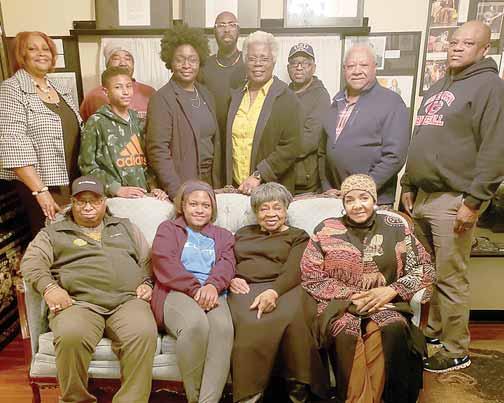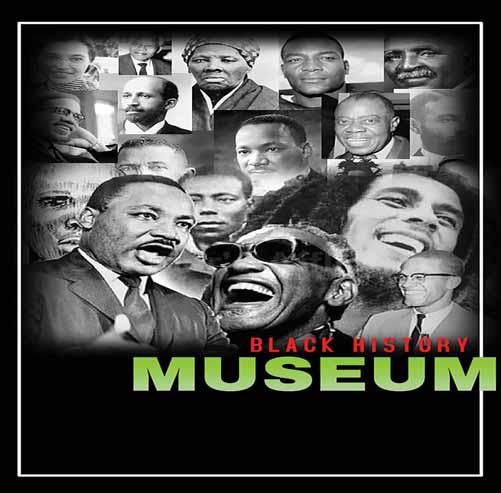
3 minute read
Betts encourages visit to Corinth Black History Museum
Americans can gain a clearer understanding of their heritage; and to create a historical institution that will serve as an innovative model agency servicing the wider multicultural audience of Mississippi residents and visitors.
The museum has a varied collection of items that visitors will enjoy, Betts said.
Advertisement
His favorite exhibit is the room dedicated to the old schools – Corinth Colored, Hoyle High, Scale Street and Easom – for African American students.
“This exhibit has pictures of teaches, students and artifacts dating back as far as the 1930s. Most of these were donated to the museum by people in the community,” said Betts, who attended Eason High before graduating from Corinth High in 1970.
“In 1969 when mandatory integration began in Corinth, the lone black school was closed. It later became South Corinth Elementary. The school was left open and there was no organized effort to preserve any of the contents. Trophies, football equipment, band instruments and all kind of historical artifacts disappeared,” Betts said. “The BHM has done a great job in finding and displaying many of the many of these lost items. This exhibit is an honor to all of the students, teachers and all that were associated the schools.”
Another exhibit honors the long-time principal of Easom and Scale Street schools, E S Bishop. “Mr. Bishop was not only a great educator but also became the first Black alderman in Corinth and later on Corinth's first and only Black mayor,” Betts said.
Another exhibit that is special to Betts honors African Americans who served in the military.
“Many served in wars from World War I to Desert Storm. Pictures of these veterans in uniform line the hallway as you enter the BHM. Proud to say the My father, grandfather, uncles and many relatives and friends are honored here,” he said.
Born and raised in Corinth, Betts graduated from Tuskegee University. He worked for IBM in Virginia for 18 years and then continued his career in ITin Atlanta for 17 years before retiring and moving back to Corinth in 2013. On his return, he was encouraged to join the museum board. “I have been a board member since 2016. I have served as acting treasurer since 2021.and assumed the office of President in 2023.”
By Lucy Weber
The Corinth Black History Museum celebrates Black History Month by offering more opportunities to visit and learn.

The museum at 1109 Meigg Street Corinth will be open 10 a.m. to 4 p.m. Monday through Saturday in February, instead of its usual openings on Friday and Saturday only. Admission is free.
“The BHM is important because it contains history of Blacks in Corinth that would otherwise be lost,” said Charlie Betts, president of the board of the Corinth Black History Museum. “There are a few other places in Corinth that have some inclusion of Black History but none that detail the life of Blacks in Corinth.”
The additional open days this month give newcomers to the museum more opportunities to visit, Betts said.
“I would like to see more community involvement. There are many people in Corinth who have never been to the BHM. I encourage any and every one to stop during opening hours to take the tour,” Betts said. “I sure that there are more items in the community that would be a great addition to the museum.”
The museum is housed in the former residence of William Dakota Webb and Adrienne Combs Webb. The property was donated to the City of Corinth following the death of Mrs. Webb in 1990. It was first used as a shelter for families who experienced a tragic loss.
“On February 5th, 2003, a group Corinthians with a vision for the BHM toured the home and found it to be uninhabitable but structurally sound and potentially suitable to house the museum,” Betts said. “In 2005 the BHM of Corinth was opened.”
The purpose of the Corinth Black History Museum is to devote itself to the preservation of an African American historical, artistic and cultural center; to collect a library of material that depicts and records the contributions made by people of African descent; to provide education and training to increase general knowledge about the lives, works, philosophy, talents and influence of African Americans; to create a resource where young African









